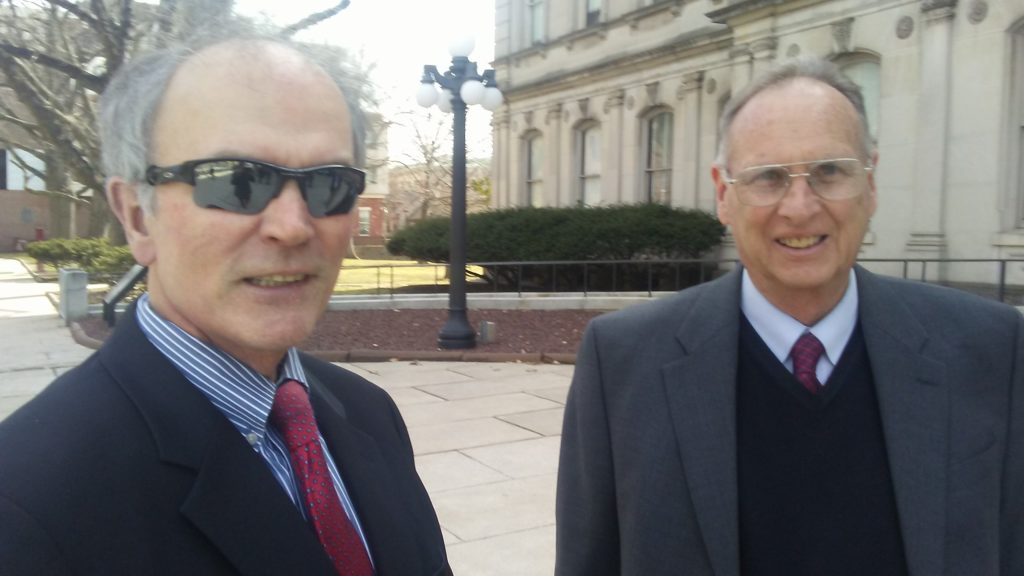More Money to Political Parties Would Mean Less to Independent Special Interest Committees

On May 22, the U.S. Supreme Court declined to hear a case that challenged the ban on soft money contributions to national political parties.
In Louisiana vs. Federal Election Commission (FEC), the High Court turned down the opportunity to further deregulate restrictions imposed on the national political parties.
Plaintiffs in the case maintained that contribution limits contained in the 2002 Bipartisan Campaign Reform Act (BCRA), otherwise known as McCain/Feingold, abridged the First Amendment free speech and assembly rights of national and state parties.
Lifting those restrictions would have relaxed contribution limits applicable to state party federal accounts, effectively ending the soft money ban on state accounts established by the national parties.
The action taken by the Supreme Court is both surprising and disappointing. In light of the emerging influence of outside, independent groups it would seem reasonable for the Court to hear arguments pro and con.
In refusing to do so, the High Court essentially affirmed the reasoning of the three-judge panel of the District Court for the District of Columbia, which upheld McCain/Feingold’s soft money ban.
In previous columns, I wrote that if the Supreme Court ended the soft money ban on parties it would contribute toward rebuilding the parties nationally and at the state level, “including New Jersey.”
I still feel that way and am disappointed that the High Court did not take this opportunity to right the campaign finance system and at least put political parties on the same footing as Super PACs and other anonymous groups.
In making its decision, the Court appears to stand with Democracy 21, Public Citizen, and the Campaign Legal Center, which, in their amicus brief referenced “the close and unique relationship between parties and their candidates,” which “creates the threat,” presumably of corruption.
This reasoning makes no sense. The very reason political parties exist is to contest elections and support their candidates. Certainly, political parties and candidates have a “close and unique relationship” and well they should.
Parties are broad coalitions of people, not narrow interests, whose fundamental purposes are to contest elections, organize government, and provide a guide to the voting public.
They are a link between the citizen and the government.
The current state of campaign finance law, as it impacts political parties, defies common sense.
At the national level obstacles are placed between parties and their candidates by not allowing the parties to coordinate with the candidates and by imposing this McCain/Feingold soft money ban.
Moreover, these limitations are even more egregious when set against the lack of regulation placed on independent groups that raise billions of dollars to influence elections and take control of campaigns away from parties and candidates.
To make matters worse these groups, 527’s, 501c’s, and Super PACs often function under the cloak of darkness, worsening, rather than bettering, transparency in the election process.
With this decision in Louisiana vs. FEC, let us hope that the Court has only temporarily let leave of its senses and will regain its clear headedness if further cases come before it whose aim is to strengthen the party system.
In any case this recent decision by the U.S. Supreme Court should not deter efforts to strengthen political parties in New Jersey.
As has been noted repeatedly, independent groups have been consistently outflanking political parties recently in influencing gubernatorial, legislative elections, and even local elections in New Jersey.
It is time for that to change by increasing contribution limits on donations to parties, allowing state parties to participate in gubernatorial campaigns, removing political parties from pay-to-play restrictions, placing PACs under pay-to-play, allowing parties to give to each other, and requiring registration and disclosure by independent groups.
In the words of the Brennan Center for Justice report “Stronger Parties, Stronger Democracy: Rethinking Reform.” “Here we conclude that targeted measures to strengthen political parties, including public finance regulations, could help produce a more inclusive and transparent politics.”
Jeff Brindle is the Executive Director of the New Jersey Election Law Enforcement Commission.
The opinions presented here are his own and not necessarily those of the Commission.





